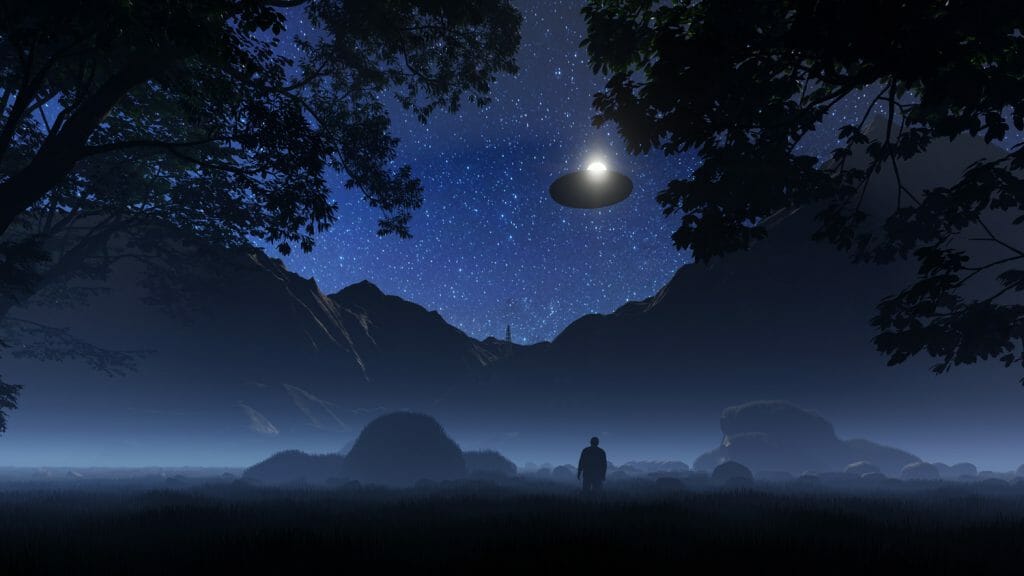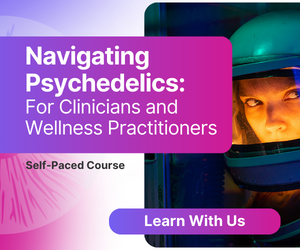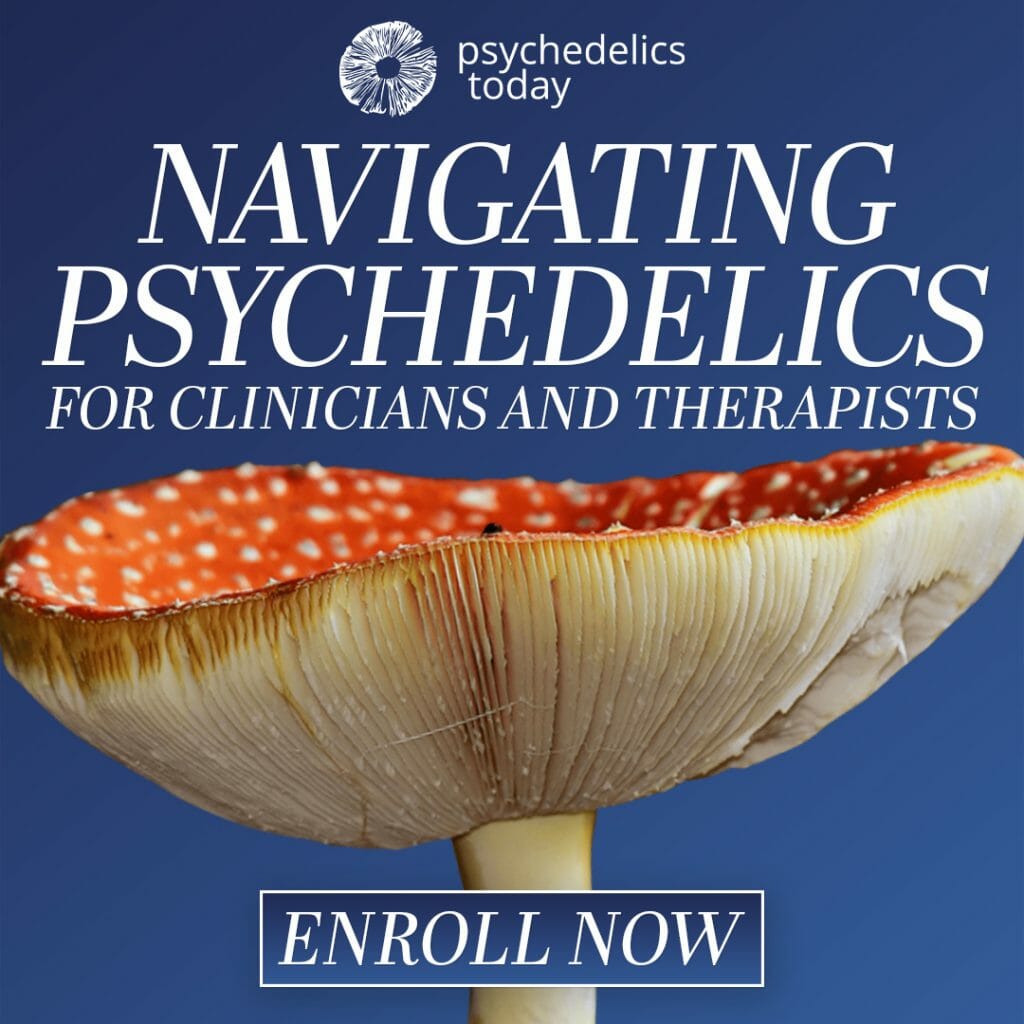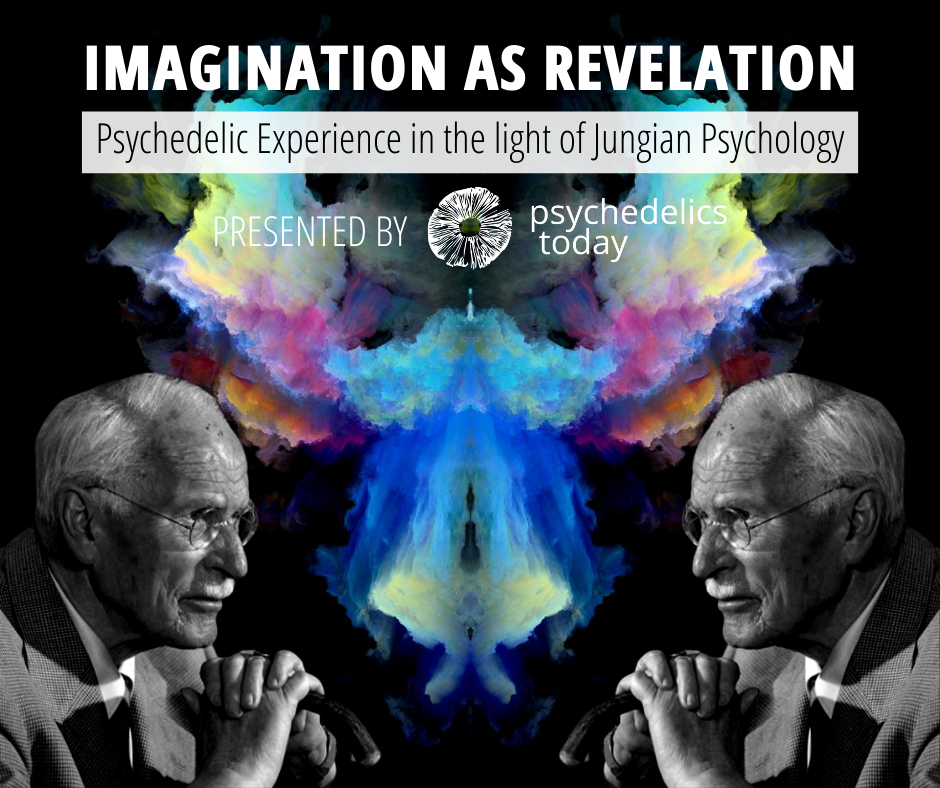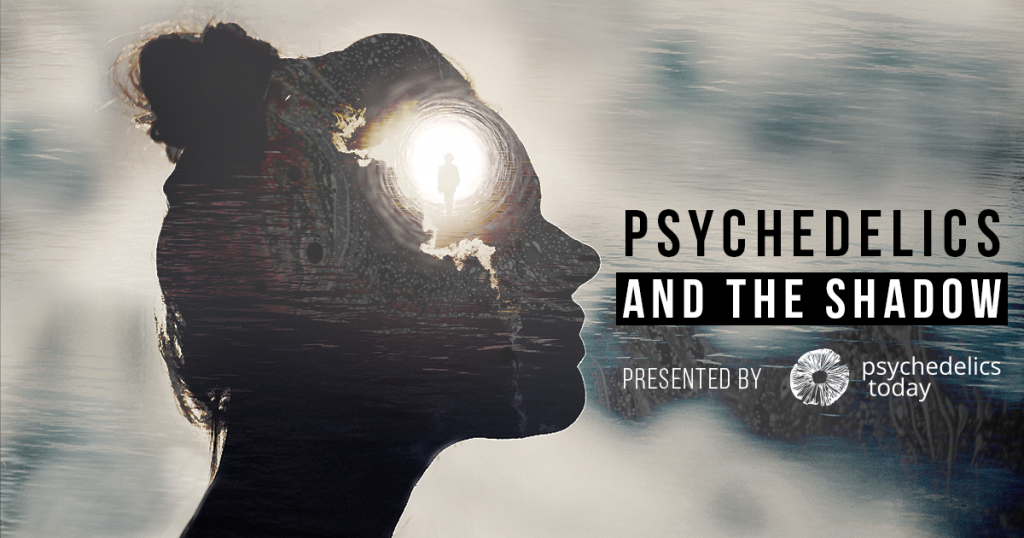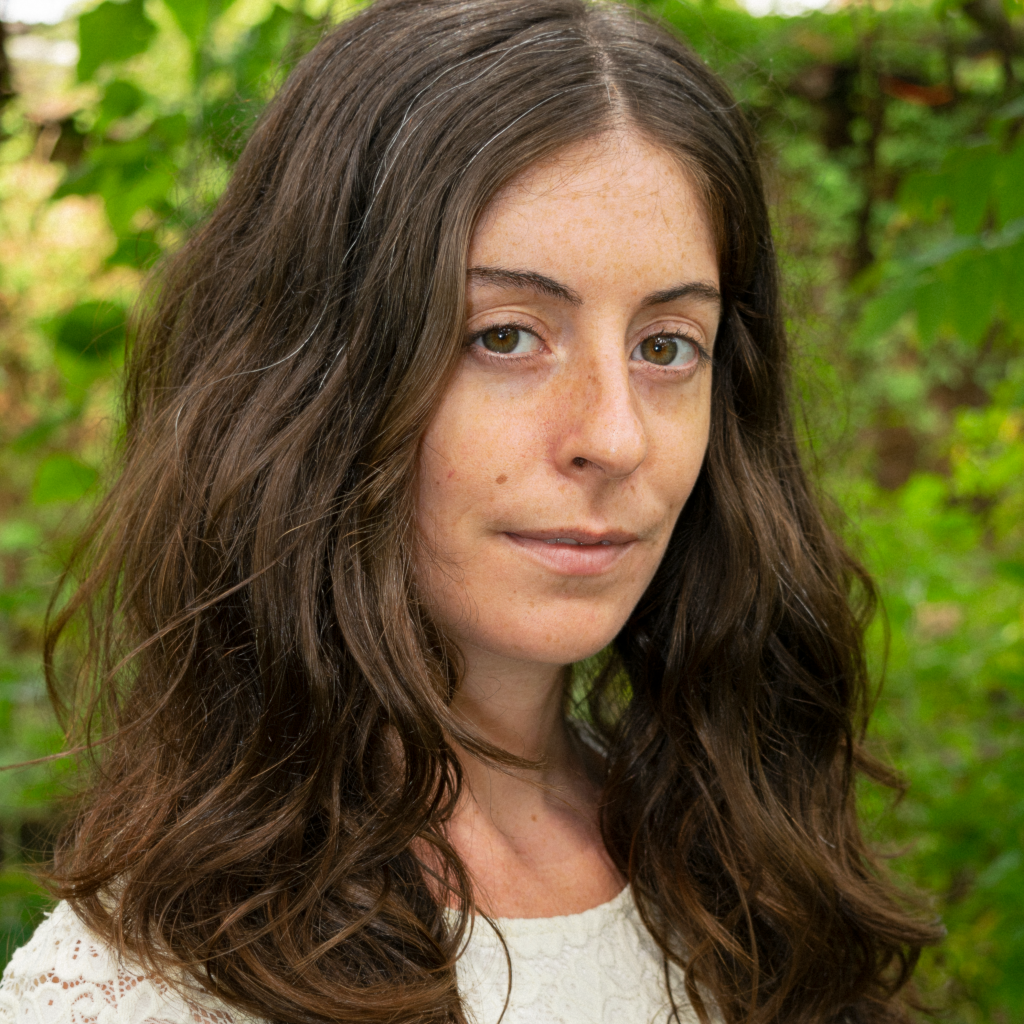By Michelle Janikian
The story of John Mack, the Harvard psychiatrist who wanted to believe—and ended up introducing the entire culture to the possibility of transpersonal experiences.
“At their core Carlos’s encounters have brought about a profound spiritual opening, bringing him in contact with a divine light or energy, what he calls “Home,” which is the source of his personal healing and transformational powers. In our sessions, when he comes close to this light he becomes overwhelmed with emotions of awe and a longing to merge with the energy/light/being. Space and time dissolve, and he experiences himself as pure energy and light or consciousness in an endlessness of eternity, ‘a pure soul experience . . . I go back to the source because I’m not just human. I need to go back to the source in order to continue.’ Carlos, like so many abductees, has developed an acute ecological consciousness. He is deeply concerned with the earth and its fate. The question of whether this is an unintended by-product of a process that he, no more than any of us, can fathom, or is an integral part of the alien phenomenon, cannot, of course, be answered. Carlos clearly believes that the aliens, however awkward, or even brutal, their methods, are trying to arrest our destructive behavior.”
-Dr. John E. Mack, M.D.
Abductions: Human Encounters with Aliens (1994)
Until many lines in, to us in the psychedelic community, the passage above reads exactly like insights from a psychedelic-assisted therapy or integration session. But to my surprise in my recent alien abduction reading, this was work being processed with abductees – or “experiencers” as they preferred to be called – by pioneering psychiatrist, John E. Mack, in the 1990s. Mack wasn’t only the Head of Psychiatry at Harvard Medical School, but also the winner of the Pulitzer Prize for A Prince of Our Disorder: The Life of T.E. Lawrence (his 1977 biography of “Lawrence of Arabia” ), and a fearless anti-war activist as well.
“John had always been so well regarded,” his former research associate and girlfriend Dominique Callimanopulos tells Psychedelics Today. “He was such a wunderkind in circles, such a bright light and leader in his field, and well known for his clinical perceptiveness and precision.”
So how does a Harvard psychiatrist get into the fringe world of alien abductions? It probably won’t surprise our readers that the story has its roots at the Esalen Institute in Big Sur, California. According to NY Times journalist Ralph Blumenthal’s upcoming biography on Mack, The Believer: Alien Encounters, Hard Science, and the Passion of John Mack (scheduled to come out in March 2021 on University of New Mexico Press), in 1987, Mack attended the “Frontiers of Health” conference at Esalen in which Stanislav Grof spoke about transpersonal psychology and hosted an unplanned Holotropic breathwork session for the group. It was Mack’s first time trying the consciousness-altering form of breathwork and he had a profound experience relating to the death of his mother when he was only nine months old, as well as his first truly transpersonal experience.
Mack continued his exploration and training with breathwork, and according to Blumenthal’s book, by 1989, he had become a “regular” participant in Grof’s breathwork modules. Elizabeth Gibson, co-founder of Dreamshadow Transpersonal Breathwork and co-author (with Mack and Grof) of the 2003 article, “Reflections on Breathwork and Alien Encounter Experiences,” remembers Mack’s involvement in the Grof breathwork group. On a Zoom call, she recalls that Mack was a facilitator at the first Holotropic breathwork session she had ever participated in, one of the “big weekend workshops” Stan and Christina Grof used to host. “There must have been 130, 140 people there that weekend,” Gibson recalls, “and John Mack was on the team with them [to help facilitate] and he brought with him a lot of the psychiatric residents that were then in training with him at Cambridge hospital.” Similarly, Callimanopulos recalls that Mack was part of a Grof breathwork “pod” that would meet a few times a year in different parts of the world for two weeks at a time. “That was a very strong bonding experience for all the people in his pod,” she says.
It turns out that Grof not only introduced Mack to breathwork and transpersonal experiences, but to the alien abduction phenomenon as well. In March 1988, at a breathwork training module at Pocket Ranch in California, Grof gave Mack a chapter on alien abductions from his and Christina’s upcoming anthology, Spiritual Emergence: When Personal Transformation Becomes a Crisis (1989). “I have no idea why Stan thought I would be particularly interested in that subject,” Mack wrote in 2003. “I read the chapter with much interest, although I kept asking myself, ‘But is it true?’ Were people really being contacted by humanoid beings or the like?” Later in the same article, Mack wrote, “Through Breathwork I became open to the fact that the universe might be full of entities, which we call spirits, gods, archetypes, angels, mythic beings or whatever. The humanoids encountered by abduction experiencers seem to be one such type of being.”
Soon after the March ‘88 breathwork module, Mack was introduced to New York artist and famous alien experiencer and researcher, Budd Hopkins, who then introduced him to a whole network of abductees through a support group Hopkins was running. Unlike other mental health care professionals these folks may have seen, Mack had a much more empathetic approach. Instead of disbelieving what these people claimed to have experienced because he couldn’t prove it was true, Mack just held space for these folks to process their abductions, much like one would do for any other type of non-ordinary state of consciousness, like a near-death, psychedelic, or mystical experience.
“I think that was one of the big gifts he brought to this community of people he was working with. He never questioned whether their stories were true. He just accepted that people were having these experiences and tried to support them and give them a safe place where they could express what they were going through without fear of being judged. And that was huge for people,” says Gibson.
Mack helped abductees tremendously through this approach to their trauma by helping them “integrate” this reality-shattering experience, and at the same time, he started to find some undeniable common threads among their stories, which he writes about extensively in his two books on the subject, Abduction: Human Encounters with Aliens (1994) and Passport to the Cosmos (1999). For example, the alien beings typically communicate with people telepathically and transmit profound messages through their big, dark eyes. Aliens also seem to alter people’s consciousness during their abduction experiences and even their “vibrations,” which then permits the aliens to move humans through the air and even through solid objects like the walls of their homes. What was also reliably consistent from experiencer to experiencer was a traumatizing loss of control of their bodies, incredibly invasive medical procedures, and even forced sexual contact and impregnation, which was often communicated to experiencers as an essential part of an alien-human hybrid program, and the future of both of their species.
Now, I know this all sounds a little X-Files-y (and according to Blumenthal in The Believer, Chris Carter (the TV show’s creator) even called Mack to pick his brain when he was developing the iconic series), but for the actual experiencers, this was deeply traumatizing. Budd Hopkins, for example, found the abductions to be incredibly demoralizing and felt it was a deep violation of trust and power by the alien beings, and that’s how he framed his support group for abductees—as one of victims processing trauma.
However, when Mack worked with experiencers, he used his recent training as a Holotropic breathwork facilitator to “hold space” for folks to integrate the non-ordinary state and to help it reach some kind of conclusion, which often lead to spiritual transformation. “As our work deepens, especially as the reality of the alien intelligence is acknowledged and the abductees come to accept their lack of control of the process, the frightening and adversarial quality of the relation seems to give way to a more reciprocal one in which useful human-alien communication can take place and mutual benefit is derived,” writes Mack in Abduction. “For example, the abductees [who] felt bitterly resentful about having their sperm and eggs used by the aliens in the hybridization project, may come to feel that they are participating in a process that has value for the creation and evolution of life.”
What Mack understood is that folks were processing experiences that completely shattered their worldview, similar to having one’s idea of reality flipped on its head after a strong psychedelic experience. How were folks supposed to get back to their regular lives after communicating with aliens telepathically and being shown we’re not the only intelligent life in the universe? “The terror is not just the terror of being paralyzed, having your body taken and having things done to you, the terror is the terror of the expansion of consciousness,” Mack said at a seminar on “Affect” in June 1992. He goes on to explain that is it a type of “ontological shock” that attacks people’s sense of their material reality—as it has attacked his own. And in his opinion, that’s what really needed to be integrated, not only by the abductees themselves, but by society, because that’s what really shocks people—that there’s more out there than we perceive on a daily basis.
In fact, his theories on the existence of aliens greatly differed from many of his UFO-hunting counterparts. Through his work with abductees and transpersonal realms of consciousness, he came to believe that aliens exist, but not in this physical dimension that we humans know as reality. He started to theorize about other realms of existence, or spiritual dimensions, where entities and intelligence like the alien “Grays” could exist, possibly less embodied but more conscious than us. And perhaps, the alien abduction phenomenon exemplified the most damning occurrence in the “Western dualistic worldview” as he often called it—that there are intelligent beings who are, at will, able to travel between dimensions and enter our material reality from their spirit realm.
“In short, I was dealing with a phenomenon that I felt could not be explained psychiatrically, yet was simply not possible within the framework of the Western scientific worldview,” Mack writes in Abduction. “My choices then were either to stretch and twist psychology beyond reasonable limits, overlooking aspects of the phenomenon that could not be explained psychologically… Or, I might open to the possibility that our consensus framework of reality is too limited and that a phenomenon such as this cannot be explained within its ontological parameters. In other words, a new scientific paradigm might be necessary in order to understand what was going on.”
While deep in this research, my next question was: how significant were Mack’s psychedelic experiences to this openness to the possible existence of aliens, in this reality or another? Because for me, as a person who’s not particularly spiritual or religious and also grew up with a Western idea of what’s “real,” it wasn’t until my psychedelic experiences began lifting the veil that I started opening up to the possibility of spirit realms, plant intelligence, and now, the existence of aliens in some dimension. Mack admits in Passport to the Cosmos that his own experiences of “a transcendent reality” influenced his evolution of thought, in addition to his decade of working with experiencers and all the data they supplied him with.
In The Believer, Blumenthal also reports that Mack was experimenting with some psychedelics with his Grof group and other close friends. He talks of MDMA, LSD, ayahuasca, and ketamine trips, in addition to Holotropic breathwork. Mack also had correspondences with psychedelic philosophers and researchers doing adjacent work, like Terence McKenna and Rick Strassman. There’s a 1992 video of McKenna interviewing Mack at the International Transpersonal Conference in Prague and multiple references to McKenna’s work and the conversations the two of them had in transcripts and correspondences of Mack’s, which the John E. Mack Institute provided for me while I was researching this piece.
When Mack started theorizing about the purpose of the alien’s visits in his writing—that perhaps they were sent by some greater creative intelligence or “Anima Mundi” to expand human consciousness and help us not only evolve (or co-evolve), but also help us understand we are all intricately connected and need to take better care of our most precious gift, the planet earth—it sounds a lot like the insights from a strong psychedelic experience, or a talk from Terence McKenna at the time. At another Affect Seminar in July 1992, Mack referenced a McKenna quote, “that even God has limits”, in which Mack took to mean, “There is a point when one species seems to have carried the experiment too far in certain directions, then there is a cosmic correction occurring of a sort. And many of the abductees actually experience that powerfully, that this phenomenon involves some kind of balancing that is going on.”
Mack continues this line of thought in other talks and later writings—that perhaps the Anima mundi thinks we’re getting too destructive and it sent the aliens here to help us correct our ways. While I was in a deep reading of these ideas 20 years later, I couldn’t help but think that perhaps in 2020, that same intelligence thought psilocybin mushrooms may be a more successful plan to help evolve the human mind to realize its vital connection to all things. It’s a very common psychedelic insight (especially on mushrooms or ayahuasca) to feel a deep, spiritual connection to everything and to return with a great sense of urgency to help save our ailing planet. Could these messages all be coming from the same “source”?
Or, was Mack inserting his own spiritual and environmental bias onto his clients? “My own impression, gained from what abductees have told me, is that consciousness expansion and personal transformation is a basic aspect of the abduction phenomenon,” Mack wrote in Abduction. “I have come to this conclusion from noting in case after case the extent to which the information communicated by alien beings to experiencers is fundamentally about the need for a change in human consciousness and our relationship to the earth and one another. Even the helplessness and loss or surrender of control which are, at least initially, forced upon the abductees by the aliens—one of the most traumatic aspects of the experiences—seem to be in some way “designed” to bring about a kind of ego death from which spiritual growth and the expansion of consciousness may follow. But my focus upon growth and transformation might reflect a bias of mine.”
Are the aliens trying to expand human consciousness so we can live more harmoniously with the rest of the galaxy, save our own home planet, and become more in touch with a spiritual dimension? Or was Mack letting his own consciousness expansion leak into his work and influence it too strongly? “We would fight about it sometimes,” Callimanopulos recalls. She explains that Mack was accused of leading people to believe their experiences were spiritual in nature, and she also believed it had become his bias. Coming from an anthropological background, she “felt he should hold back more and be more neutral. Let people struggle to define their experience more.”
Yet, Callimanopulos also says that she often felt Mack was being very appropriate, and she describes how powerfully real people’s emotions were when they began to recall and process their abduction experiences. “He started this work because people were hurting,” Callimanopulos says. She also drives home that Mack possessed an incredible intellect and was always drawn to life’s mysteries. “John always tried to address the big questions in life, like what’s life about? How does it all work? What are we doing here? What’s our identity?”
After Abduction came out, Mack supported his theories—that aliens exist, but perhaps not in this physical dimension, and they’re here to expand and transform human consciousness for a higher intelligence’s purpose—on all the mainstream outlets of the time, including Oprah and Charlie Rose. But after a few damning articles in Time Magazine and the New York Times that questioned Mack’s practices, Harvard began a long and trying inquiry into the standards of his work. For instance, part of how Mack worked with abductees to help them remember and process their experiences was a relaxing form of hypnosis. But could that just be opening the door for false memories or confusing nocturnal dreams with reality? Mack defended his practice and truly felt that a non-ordinary state of consciousness like an alien abduction needed a similarly altered state to help the integration process, but to others, its necessity was less clear. There were other discrepancies that Harvard looked into as well, like how he billed insurance and charged abductees, and whether they were formally clients or research subjects.
Mack survived the Harvard inquiry tenure intact, but the emotional toll it must have taken on him is only for us to wonder. “He was very used to being well regarded and well-liked. It came as a big shock to him that people—his close colleagues, turned against him,” Callimanopulos says. “I think it was also harsh for John because he was a very collaborative, empathic person who enjoyed relationships more than anything else in life and sought out that harmony— that comfort and adulation from colleagues. So I think it was really tough.”
However, he continued the work with abductees, releasing his second and more openly spiritual book on the phenomena, Passport to the Cosmos, in 1999. Then, he also began a professional interest in the survival of consciousness after death, until his own tragic passing in 2004. When Mack was in England for a conference, he was hit by a car after looking the wrong way while trying to cross the road in London. It was a shock to the abductee community and all who knew him. He was 74 years old.
I can’t help but wonder if Mack’s ideas would be more easily accepted today in a world that’s decriminalizing magic mushrooms, pumping out psychedelic doses of ketamine to depressed patients, and scientifically quantifying the significance of mystical experiences in psychedelics’ usefulness for treating mental health conditions. During a time when more people are taking mushrooms and ayahuasca than ever before and coming to very similar insights as Mack’s abductees, would we be more receptive to his ideas of aliens expanding human consciousness in order to enlighten and transform our species, so that we can save ourselves from ourselves?
In 1999, he wrote in Passports to the Cosmos: “We seem to be experiencing now in the United States, and more or less throughout Western culture, a kind of spiritual renaissance. It reflects a deep hunger for something missing in the lives of many people, a sense, however vague, that there are other realms from which they feel cut off, and a growing realization that many of the catastrophic events of this century now ending have derived from radical secularism and spiritual emptiness.” Perhaps Mack himself was part of the cosmic correction, opening the mainstream’s mind to a whole world of transpersonal possibilities. “He was a big catalyst for the whole conversation being in the mainstream,” says Callimanopulos. “Maybe if he lived longer, he might have gone on to do a little more mapping of those different dimensions.”
About the Author
Michelle Janikian is a journalist focused on drug policy, trends, and education. She’s the author of Your Psilocybin Mushroom Companion, and her work has also been featured in Playboy, DoubleBlind Mag, High Times, Rolling Stone and Teen Vogue. One of her core beliefs is that ending the prohibition of drugs can greatly benefit society, as long as we have harm reduction education to accompany it. Find out more on her website: www.michellejanikian.com or on Instagram @michelle.janikian.
